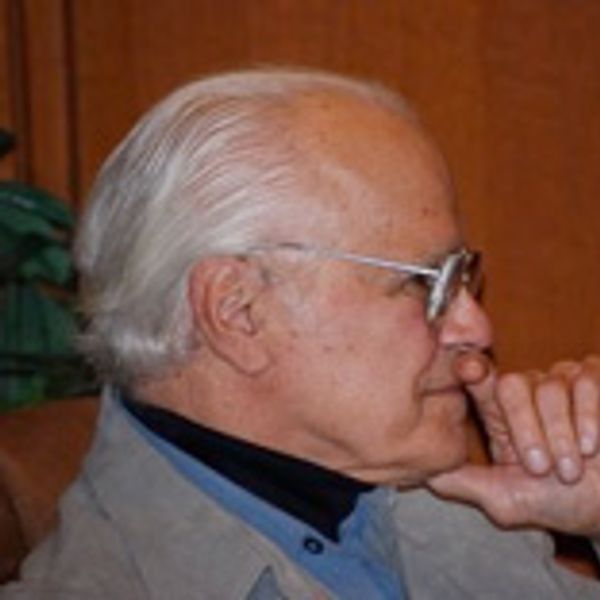Lia Purpura, Parasol Mushroom (detail), featured in AGNI 102
Eating a Toad
Each morning when we wake, said Emile Zola,
We must eat our daily toad_. We have to face being
Merely ourselves again, not less revolting
Dream selves. But consider those toads who have gone
Far, far out of their ways to be disgusting,
To warn all predators they’re not simply
Inedible, but can make a poisonous mouthful,
Which as a first line of defense is as good as most
Last lines. Almost nothing on earth
Will willingly and knowingly eat a toad
Except a hedgehog, a creature
Of modest habits and even more
Modest intentions. It moves slowly
In a semi-private world it must surely wish
Were even more private. Because it can outrun
So few others among the living, it settles
For legless or torpid insects, dozing snakes,
Or birds’ eggs it can always depend on
To hold still. It can’t see far enough
Ahead or behind to avoid the foxes and badgers
And dogs that would eat it in spite
Of its rough spines and its inconvenient tactic
Of curling its body into a tight
Unmanageable ball
And playing dead, and so, long before now,
It would have been more scarce than the likes
(And the admirably articulated dislikes)
Of Emile Zola if it hadn’t had the foresight
To overtake occasionally a complacent
Toad, chew down that nearly lethal morsel,
And be heartily sick of it, foam at the mouth,
Then carefully lick itself all over
With the results: the awful armor of Toadhood.

David Wagoner
David Wagoner has published eighteen books of poems, most recently A Map of the Night (University of Illinois Press, 2008). Copper Canyon Press will publish his nineteenth, After the Point of No Return, in 2012. He has also published ten novels, one of which, The Escape Artist, was made into a movie by Francis Ford Coppola. He won the Lilly Prize in 1991 and has won six yearly prizes from Poetry magazine. He was a chancellor of the Academy of American Poets for twenty-three years. He has been nominated for the Pulitzer Prize and twice for the National Book Award. He edited Poetry Northwest from 1966 to its end in 2002. He is professor emeritus of English at the University of Washington and teaches in the low-residency MFA Program of the Whidbey Island Writers Workshop. (updated 4/2012)
